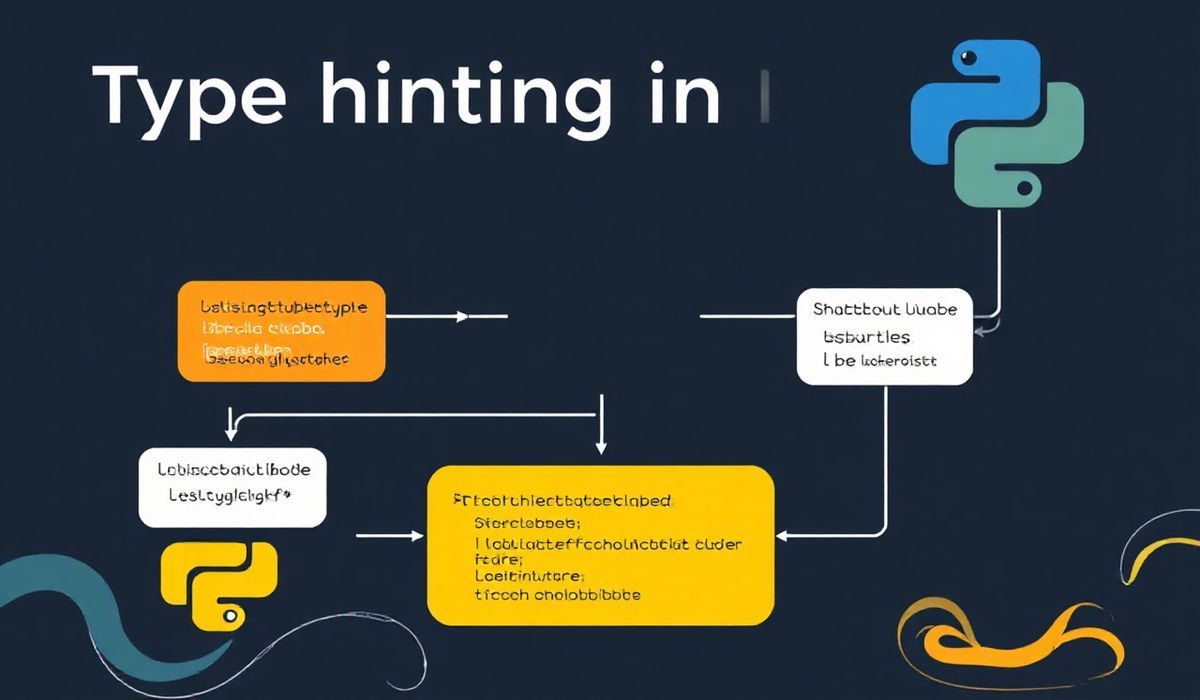Understanding typing-extensions: Enhanced Type Hinting for Python Developers
The typing-extensions module is a crucial library for Python developers who aim to utilize advanced type hinting features, especially when these features are not yet available in older Python versions.
Introduced as a backport mechanism of type-related features, typing-extensions helps developers maintain compatibility while leveraging type hints that enhance code clarity and catch errors during development stages.
Why Use typing-extensions?
typing-extensions serves as a bridge for developers who need modern typing features prior to upgrading their Python environments. It enables the use of experimental or backported type hints not yet available in the standard Python library’s typing module.
Popular APIs in typing-extensions with Examples
1. Literal
Literal allows developers to specify specific constant values a variable can accept.
from typing_extensions import Literal
def get_status(status: Literal["open", "closed", "pending"]) -> str:
return f"The ticket status is {status}"
print(get_status("open")) # Valid
# print(get_status("invalid")) # Raises a typing error (if using a static type checker)
2. TypedDict
TypedDict helps define dictionary objects with specific key-value types.
from typing_extensions import TypedDict
class Point(TypedDict):
x: int
y: int
point: Point = {"x": 10, "y": 20}
print(point) # Output: {'x': 10, 'y': 20}
3. Final
The Final qualifier prevents reassignment of variables or overriding methods marked as final.
from typing_extensions import Final PI: Final = 3.14159 # Constant value # PI = 3.14 # Error: Cannot reassign a final variable
4. Protocol
Protocol is used to create structural subtyping by defining a blueprint for objects.
from typing_extensions import Protocol
class Drawable(Protocol):
def draw(self) -> None:
...
class Circle:
def draw(self) -> None:
print("Drawing a Circle")
def render(obj: Drawable) -> None:
obj.draw()
circle = Circle()
render(circle) # Output: Drawing a Circle
5. Concatenate and ParamSpec
These are advanced features used in function composition and decorators.
from typing_extensions import Concatenate, ParamSpec
from typing import Callable
P = ParamSpec("P")
def add_logging(func: Callable[Concatenate[str, P], None]) -> Callable[P, None]:
def wrapper(*args: P.args, **kwargs: P.kwargs) -> None:
print(f"Log: {args}, {kwargs}")
func("log", *args, **kwargs)
return wrapper
@add_logging
def greet(prefix: str, name: str) -> None:
print(f"{prefix} {name}")
greet("Hello", name="Alice")
6. Self
Self provides a way to properly annotate methods that return the current instance.
from typing_extensions import Self
class Builder:
def set_name(self, name: str) -> Self:
self.name = name
return self
def set_age(self, age: int) -> Self:
self.age = age
return self
builder = Builder().set_name("John").set_age(30)
Build a Simple Python App Using typing-extensions
Now that we’ve reviewed some of the most powerful features of typing-extensions, let’s apply them to a practical example. Here’s a simple ticketing application with type-safety and proper annotations:
from typing_extensions import Literal, TypedDict, Protocol, Final
# Define a TypedDict for a ticket
class Ticket(TypedDict):
id: int
status: Literal["open", "closed", "pending"]
description: str
# Final constants for status options
OPEN: Final = "open"
CLOSED: Final = "closed"
PENDING: Final = "pending"
# Protocol for a service that manages tickets
class TicketService(Protocol):
def create_ticket(self, description: str) -> Ticket:
...
def update_status(self, ticket_id: int, status: Literal["open", "closed", "pending"]) -> None:
...
# Implementation of the TicketService
class SimpleTicketService:
tickets: list[Ticket] = []
next_id: int = 1
def create_ticket(self, description: str) -> Ticket:
ticket = {"id": self.next_id, "status": OPEN, "description": description}
self.tickets.append(ticket)
self.next_id += 1
return ticket
def update_status(self, ticket_id: int, status: Literal["open", "closed", "pending"]) -> None:
for ticket in self.tickets:
if ticket["id"] == ticket_id:
ticket["status"] = status
return
# Application logic
service = SimpleTicketService()
ticket1 = service.create_ticket("Fix login bug")
ticket2 = service.create_ticket("Add user settings page")
print(service.tickets)
service.update_status(ticket1["id"], CLOSED)
print(service.tickets)
With the example above, we combine Literal, TypedDict, Final, and Protocol to build a type-safe ticket management system.
Conclusion
typing-extensions is an extremely versatile library that enables Python developers to leverage modern type hinting features while ensuring backward compatibility. By using these advanced type-hinting tools, you can enhance code readability, prevent runtime errors, and build maintainable codebases.




